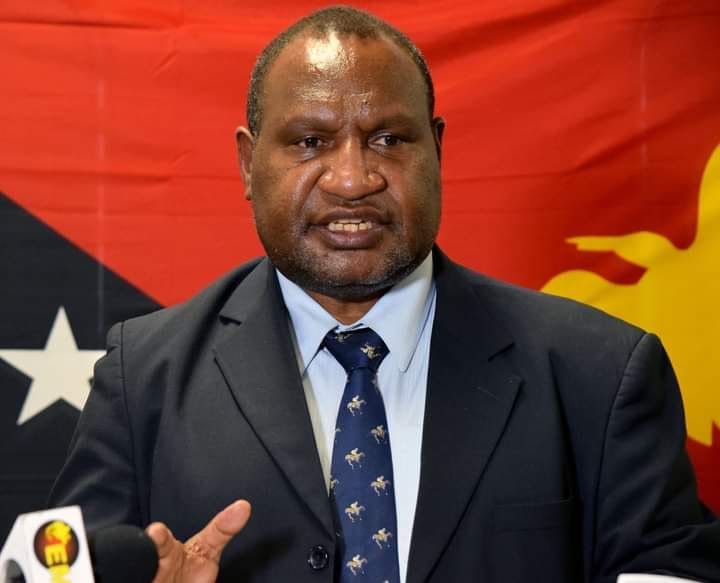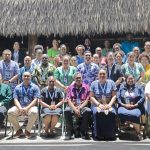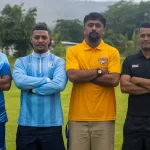Papua New Guinea Prime Minister James Marape tabled a submission for an international treaty that could ban all nuclear testing in the world.
Marape said the treaty was one of three advocating an end to all nuclear weapons testing and nuclear weapons proliferation that the country was a part of.
They included the Treaty on the Non-Proliferation of Nuclear Weapons (1968), the Antarctic Treaty (1959) and the South Pacific Nuclear-Free Zone Treaty (1985).
Marape added that it was also an international treaty that PNG had yet to ratify since signing it many years ago.
“Since it opened for signatures on 24 Sept, 1996, PNG was among the first States to sign the Comprehensive Nuclear-Test-Ban Treaty but remains to date one of the 10 States that have yet to ratify it,” he said.
Marape said of the 186 countries that signed it, only 176 had ratified it; among the Pacific Island nations, PNG, the Solomon Islands and Tonga were the only three who had yet to ratify the treaty.
He added that it was unfortunate that the treaty could not enter into force unless it was ratified by all 44 countries in the world that either produce and possess or have nuclear weapons in their possession.
Of the 44 countries, eight had yet to ratify it – China, India, Pakistan, North Korea, Israel, Iran, Egypt and the United States.
“Some of these 44 countries are permanent members of the United Nations (UN) Security Council and continue to use nuclear weapons as leverage in conflicts,” he said.
Marape said the UN remained hesitant to intervene; an example being the ongoing Russia-Ukraine conflict. He said this only increased the need for global solidarity to push to increase the membership of the UN Security Council.
He said having a balanced membership within the UN Security Council could also help address the indifference of advanced economies to the impact of their actions on our natural environment and ecosystems.
Marape moved that the treaty sit on the floor of Parliament for 10 sitting days.
Meanwhile, Prime James Marape said he never gave his support to Japan’s dumping of nuclear waste in the ocean.
“There was no unilateral permission given,” he said.
“My words were misconstrued.”
Marape said there was no clearance given for Japan to discharge any nuclear waste into the ocean.
He said the support he had non-specifically given to Japan was for their treating and testing of the nuclear waste from the newly decommissioned Fukushima Nuclear Plant before disposing of it in the water.
He said Japan claimed they had the means to test and treat nuclear waste water so that it is clean before they discharge it into the ocean.
Vanimo-Green MP Belden Namah pointed out that PNG was a party to the Rarotonga Treaty which obligated the country to keep the Pacific free from nuclear material.
Marape said Papua New Guinea’s position on the dumping of nuclear waste materials into the ocean remained unchanged.
“Nuclear waste is not allowed in our waters,” he said.
He said if Japan was to treat and test the waste material before disposing it into the water, the tests had to be trusted and it had to be proven that the tests did in fact remove all toxicity from the waste.
“If it is tested and proven then we don’t see a problem,” he said.
“If there is no evidence that it is not safe then they can discharge,” he said.
SOURCE: THE NATIONAL/PACNEWS













